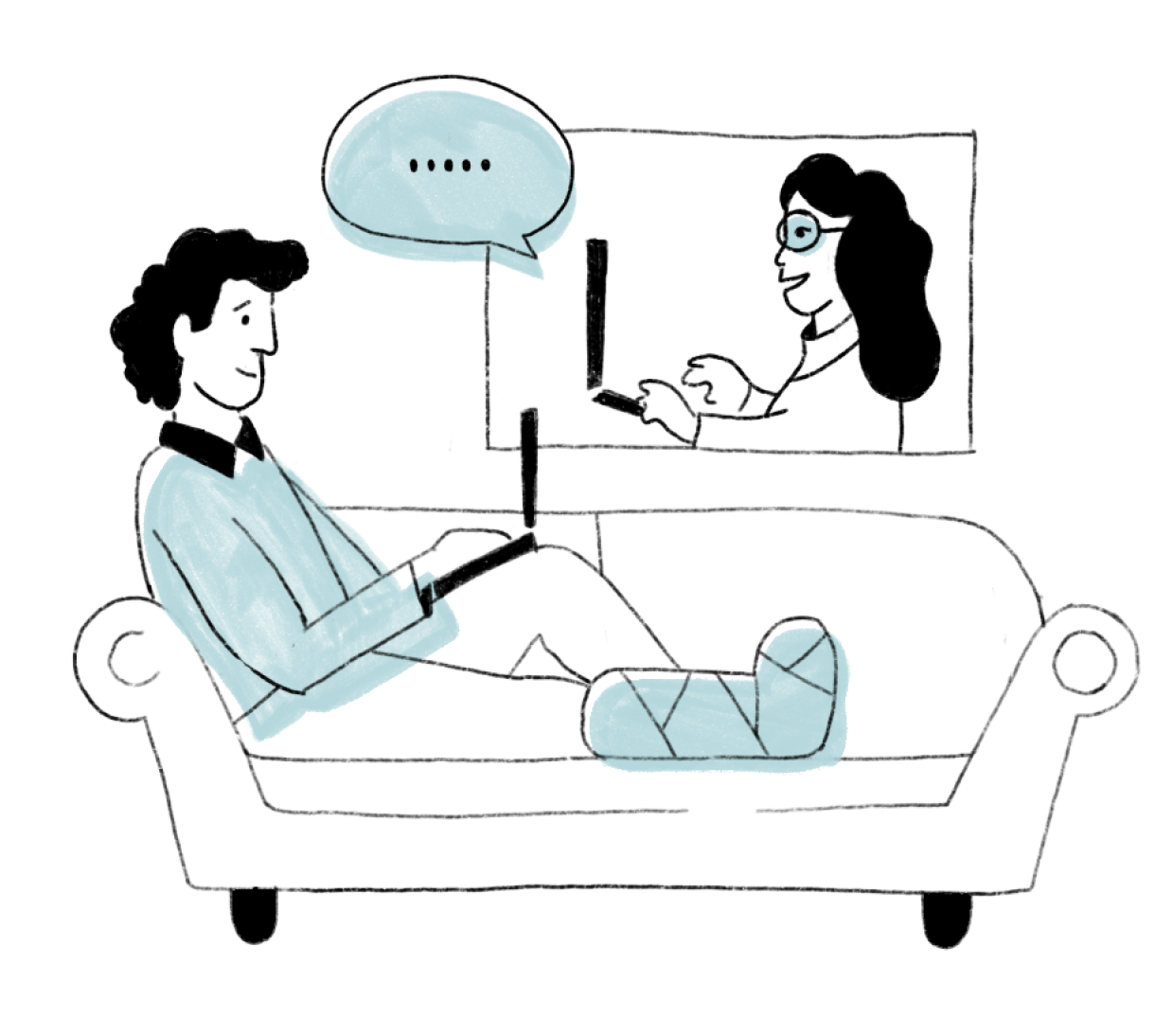
What to expect at your medical assessment
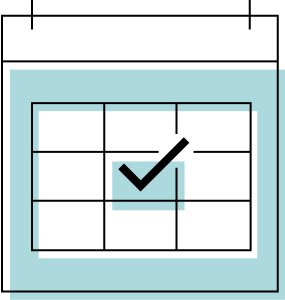
About the appointment.
You should allow for up to an hour for your examination – duration may vary between 30 – 60 minutes. Appointments with a Psychologist or Psychiatrist may be of a longer duration.
It is a good idea to arrive for your appointment 15 minutes early, as there will be some paperwork to fill out prior to the appointment. Please contact us, or the person who arranged the appointment, if you are running late.
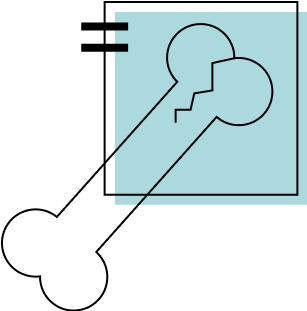
What to bring.
If applicable, please bring along copies of your imaging studies to the examination for the doctor to review.
This may include x-rays, scans, ultrasounds, MRIs etc.
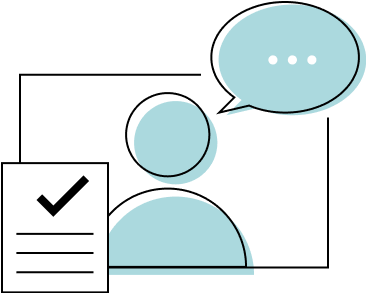
What to expect at your appointment.
It’s important to note an Independent Medical Examiner does not provide medical advice to you on your condition, treatment or your compensation claim – their role is to provide an independent opinion. The report completed by the examiner may include advice on accepting a claim, ongoing liability, your capacity for employment, ongoing treatment and your degree of permanent impairment (where applicable). If the doctor believes there is treatment not currently being undertaken which might assist you, they will mention it in their report.
Following your examination, the examiner will complete the report and forward to the person who requested it.
As part of your examination the doctor will ask you questions about your current symptoms and take a detailed history. This may be more in-depth than what you’ve experienced at appointments with your treating doctors. It may also involve discussing with you your personal and medical history to help the doctor to better understand your circumstances.
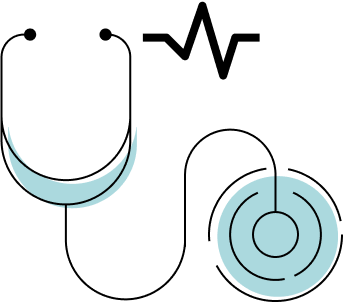
The physical examination.
Where a physical examination is involved, the doctor may require you to undress to examine the bodily location of injury. The doctor may also request to examine other areas of your body which were not injured. For example, examination of your shoulder will require examination of the areas both above and below the shoulder. The doctor may also examine the opposite shoulder for comparison. As part of the physical examination, the doctor may also observe you completing normal and simple physical movements.
If at any time during the assessment you have a concern or a question, please feel free to raise it with the Doctor, Reception or Management at the time.
